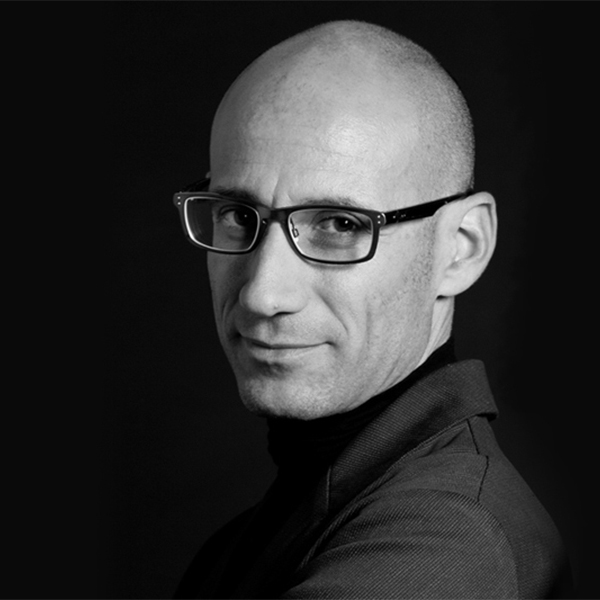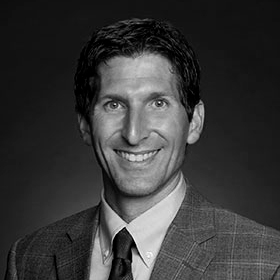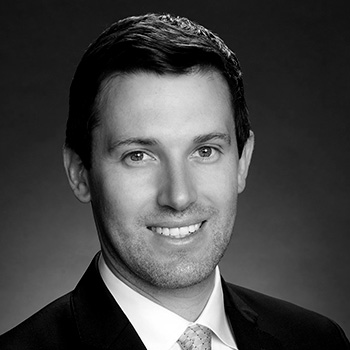DIRECTOR

Iñaki Alday
Dean & Koch Chair in Architecture
Tulane University School of Architecture
ialday@tulane.edu
Iñaki Alday received a Master of Architecture degree from the Polytechnic University of Catalonia in 1992. Together with Margarita Jover, he founded aldayjover architecture and landscape in 1996 in Barcelona. The multidisciplinary, research-based practice focuses on innovation and is particularly renowned for its leadership in a new approach to the relation between cities and rivers, in which the natural dynamics of flooding become part of the public space, eliminating the idea of “catastrophe.”
He has taught at the Polytechnic University of Catalonia, the University of Navarra and the University of Virginia. At the University of Virginia, he was the Elwood R. Quesada Professor of Architecture from 2011 to 2018, and Chair of the Department of Architecture from 2011 to 2016. Since 2016, he has been the co-director and founder (with Pankja Vir Gupta) of the Yamuna River Project, a long-term, interdisciplinary research program whose objective is to revitalize the ecology of the Yamuna River in the Delhi area. The project involves an interdisciplinary team with expertise in architecture, land planning, civil engineering, environmental science, public-private partnerships, anthropology, political science, history and cultural studies. The team’s objective is to engage the efforts of government agencies, experts and activists in an ongoing program to address the multidimensional challenges of Delhi and the relation with its river.
Both in academic research and in practice, Alday promotes a new attitude towards the transformation of our environment and how architecture can contribute to the inhabitation of the most challenged areas of the planet. He utilizes a multidisciplinary global vision and social and environmental ethics to examine the role of architecture and architects.
TEAM

Mario Monclús
Research Assistant Professor
Tulane University School of Architecture
mmonclus@tulane.edu
Mario Monclús (Barcelona, 1993) is an architect and urban planner who received a Master of Architecture degree from the University of Zaragoza in 2018. He studied his Bachelor degree in Architecture in Zaragoza (Spain) and Stuttgart (Germany), where he obtained an Erasmus scholarship for one year. He specialized in landscape and urban design and received his bachelor degree in 2016.
He has collaborated with various architecture and landscape practices since then in Barcelona, London and Madrid. In those practices, he has actively participated in many international projects, from a small scale and a careful approach to architecture to large landscape and urbanism projects, where the relation between urban and natural environments are of major importance. He has also participated in different publications, exhibitions and lectures showing some of his work.
As a Research Assistant Professor at the Tulane School of Architecture, Mario has been developing a research project in the city of Quilmes, Buenos Aires Metropolitan Area, Argentina. His research takes place in the context of a multidisciplinary River and Delta Urban Platform.

Scott Hemmerling
Director of Human Dimensions
The Water Institute of the Gulf
shemmerling@thewaterinstitute.org
Scott Hemmerling, Ph.D. is the Director of Human Dimensions for The Water Institute of the Gulf, focusing on research related to climate adaptation and community resilience. He has more than fifteen years of experience investigating anthropogenic alterations to the landscape and the impacts of development on coastal communities.
Dr. Hemmerling’s recent work with the Water Institute is focused on analyzing the societal impacts of environmental change in coastal Louisiana and developing methods to examine the linkages between human and natural systems. He is the principal investigator on the Louisiana Coastal Atlas project, a geographical study examining the effects of historical social, economic, and environmental stresses on community resilience. Most recently, Dr. Hemmerling developed approaches to incorporate local knowledge into assessments of community resilience and the social value of ecosystem restoration projects.
Prior to joining The Water Institute of the Gulf, Dr. Hemmerling was a Geographer with the U.S. Geological Survey’s (USGS) National Wetlands Research Center, based in Lafayette, Louisiana. Prior to joining the USGS, Dr. Hemmerling served as a research associate with Louisiana State University’s Coastal Marine Institute, conducting research related to the impacts of oil and gas development on Louisiana’s low income and minority communities.
He earned a Bachelor of Science in environmental studies with a minor in physical geography from the State University of New York at Buffalo and a Master of Science in urban studies with a concentration in applied urban anthropology from the University of New Orleans. He earned his doctoral degree from the Department of Geography and Anthropology at Louisiana State University.

Brett McMann
Civil Engineer
The Water Institute of the Gulf
bmcmann@thewaterinstitute.org
Brett McMann, civil engineer, brings experience in the planning and design of flood protection and ecosystem restoration projects along the East and Gulf Coasts, most notably for the Louisiana Coastal Protection and Restoration Authority (CPRA), where he has been involved in the proposal, scoping, execution, and closeout of roughly 20 task orders spanning both engineering and environmental sciences planning, engineering, and program management roles. Brett earned a bachelor’s degree in civil and environmental engineering with a minor in business administration from Louisiana State University and is pursuing his master’s degree in civil engineering with a focus on coastal engineering from the University of New Orleans. Brett has had heavy involvement as part of Master Plan Development Team for Louisiana’s 2012 and 2017 Coastal Master Plans. Most recently, Brett was part of a 12-member delivery team that oversaw more than 100 other technical analysts and support team members from within CPRA and other agencies across the multi-year 2017 Master Plan effort.
